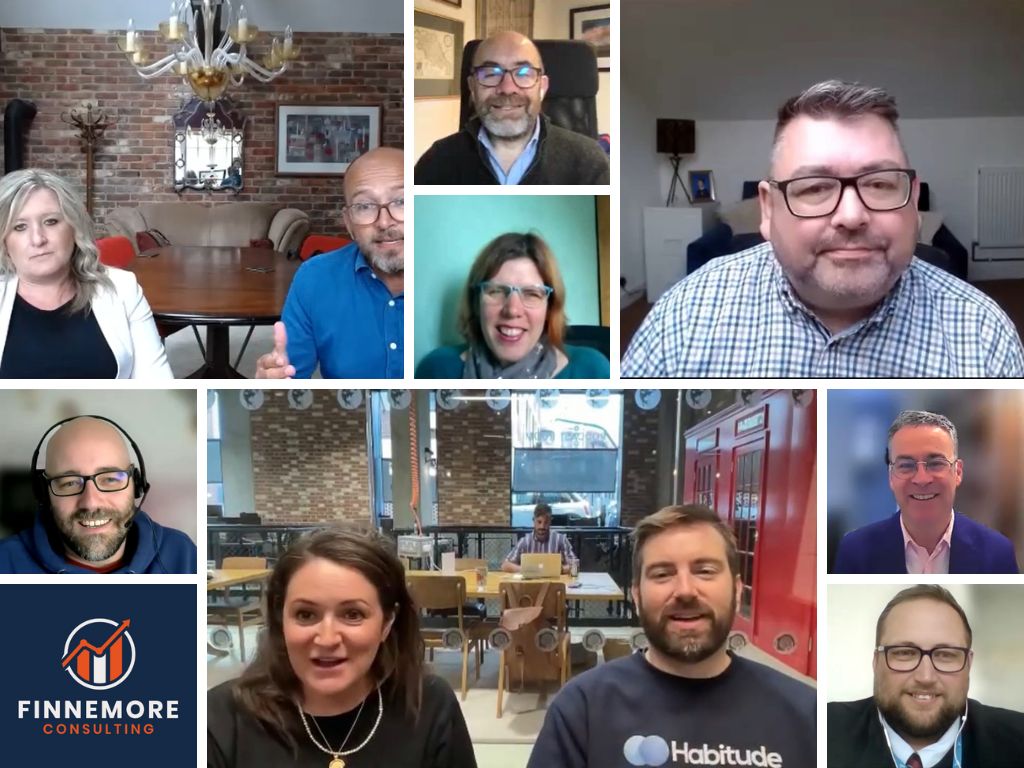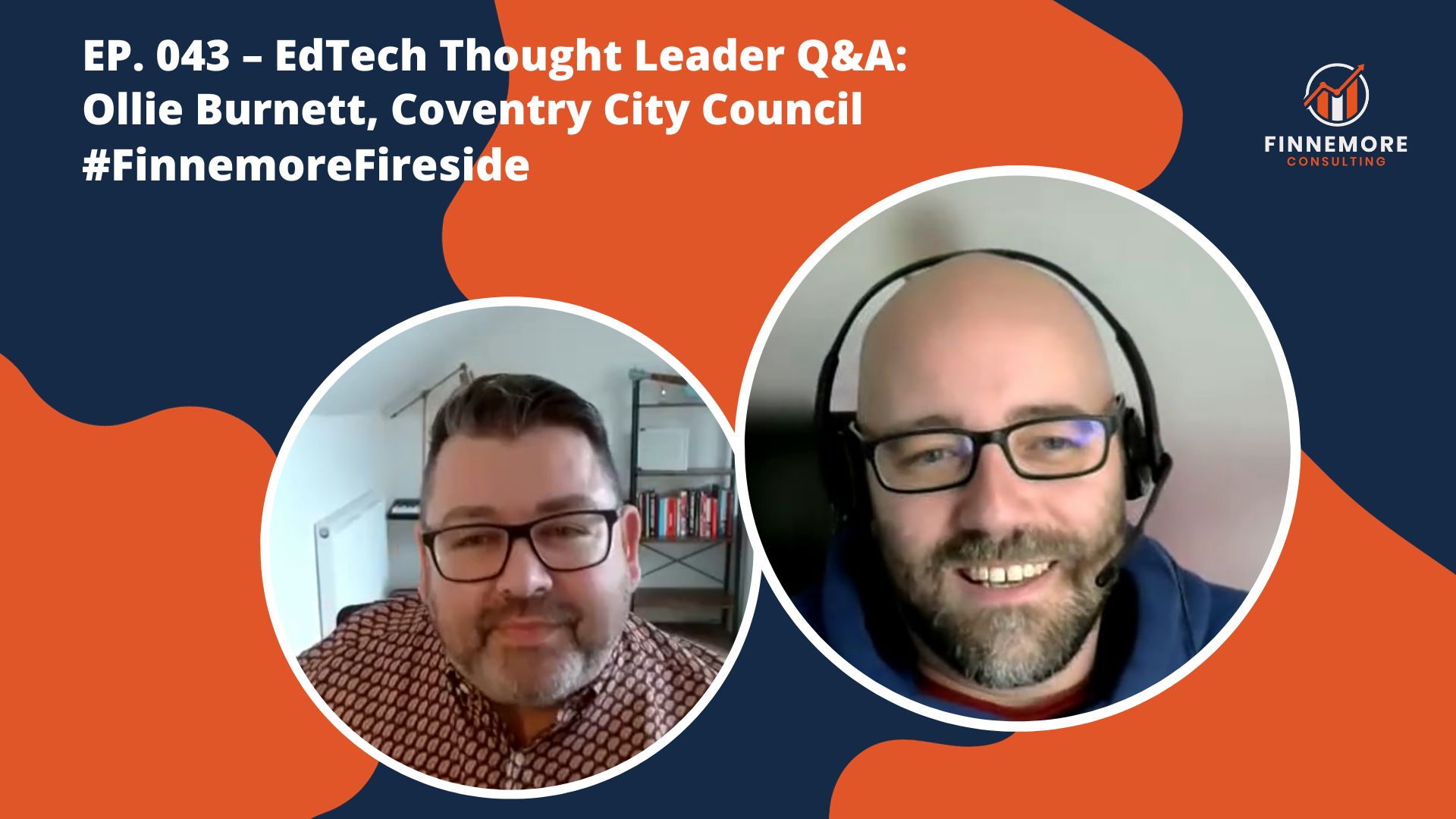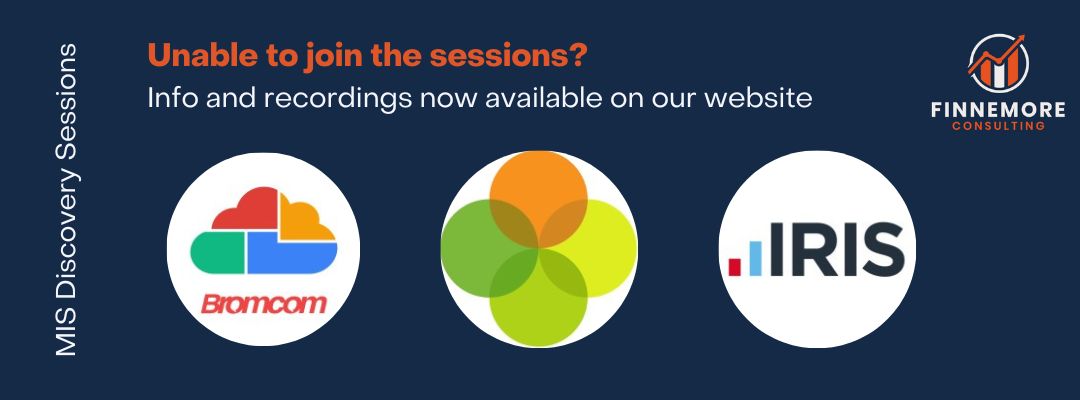Across the education sector resources are often stretched and budgets closely monitored, so procurement is a critical process. For schools in the UK, understanding the complexities of procurement can be akin to navigating a minefield. The consequences of poor procurement decisions and non-compliance with procurement legislation are far-reaching, including legal challenges from suppliers, contract cancellations, and hefty financial penalties. These challenges are not only costly and time-consuming but can also tarnish your school’s hard-earned reputation.
So, how can schools successfully navigate procurement challenges while ensuring compliance? Here are some key ideas and strategies worth exploring:
-
Embrace Procurement Expertise
Procurement is a specialised field that requires a deep understanding of laws, regulations, and best practices. Schools should consider bringing in or training staff members with expertise in procurement. These individuals can guide the process, ensuring that the school remains compliant while obtaining the best possible value for goods and services.
-
Stay Informed About Legislation
Procurement legislation is not static; it evolves over time. Schools must stay informed about the latest changes in procurement regulations. Subscribing to newsletters, attending training sessions, and engaging with relevant professional organisations can keep your staff updated on the latest legal requirements.
-
Define Clear Procurement Procedures
Having clear, well-defined procurement procedures in place is crucial. These procedures should outline the steps to be followed, the responsible personnel, and the thresholds that trigger various procurement methods (e.g., competitive bidding, quotations, or direct contracting). Clear procedures minimise the risk of errors and non-compliance.
-
Use Framework Agreements or Dynamic Purchasing Systems
One way to simplify procurement is to utilise framework agreements. These pre-negotiated contracts with suppliers can save schools time and effort. By leveraging the collective buying power of multiple schools, framework agreements often lead to better value for money. Schools can access these agreements through central procurement organisations or consortia. Equally, using a Dynamic Purchasing System offers access to pre-vetted supply chains and can significantly reduce timescales compared to traditional procurement processes.
-
Promote Competition
Competition is a cornerstone of sound procurement practices. Encourage suppliers to submit competitive bids by reaching out to a diverse range of potential suppliers. Open and transparent competition helps ensure that your school secures the best deals.
-
Conduct Regular Audits
Regular audits of your procurement processes can help identify areas where compliance may be lacking. These audits should assess not only the legality of procurement decisions but also their efficiency and transparency. Corrective actions can then be taken to rectify any shortcomings.
-
Collaborate with Peer Schools
Collaboration is a powerful tool in navigating procurement challenges. Schools can share their knowledge and experiences with procurement, learning from one another’s successes and failures. Establishing a network of peer schools can provide valuable insights and support.
-
Leverage Technology
In the digital age, technology can streamline procurement processes. E-procurement systems and software solutions can automate many aspects of procurement, making it easier to track compliance, generate reports, and maintain a paper trail of all transactions. Using these tools can save time and enhance accountability.
-
Seek Legal Counsel When Needed
When facing complex procurement decisions or legal challenges, don’t hesitate to seek legal counsel. Procurement law can be intricate, and legal experts can provide guidance and representation when necessary, safeguarding your school’s interests.
-
Prioritise Ethical Sourcing
In addition to legal compliance, schools should prioritise ethical sourcing. Consider the ethical implications of the products and services you procure, such as fair labour practices, environmental responsibility, and support for local businesses. This not only aligns with your school’s values but also sets a positive example for students and the community.
-
Train Your Staff
A well-trained procurement team is a critical asset for your school. Ensure that your staff members are knowledgeable about procurement regulations, ethical practices, and efficient procurement methods. Training programs and workshops can help build their expertise.
-
Communicate Transparently
Maintain open and transparent communication throughout the procurement process. This includes clearly communicating your school’s requirements, evaluation criteria, and timelines to suppliers. Transparency fosters trust and reduces the risk of disputes.
Conclusion
Navigating procurement challenges while ensuring compliance is no small feat, but with the right strategies and a commitment to best practices, schools can overcome these obstacles. By embracing procurement expertise, staying informed about legislation, defining clear procedures, using framework agreements, promoting competition, conducting regular audits, collaborating with peer schools, leveraging technology, seeking legal counsel when needed, prioritising ethical sourcing, training your staff, and communicating transparently, you can successfully navigate the procurement minefield.
Remember that procurement isn’t just about getting the best deals; it’s also about demonstrating your school’s commitment to responsible, ethical, and transparent practices. By doing so, you not only protect your school’s financial interests but also uphold its reputation and set a shining example for your students and community.











